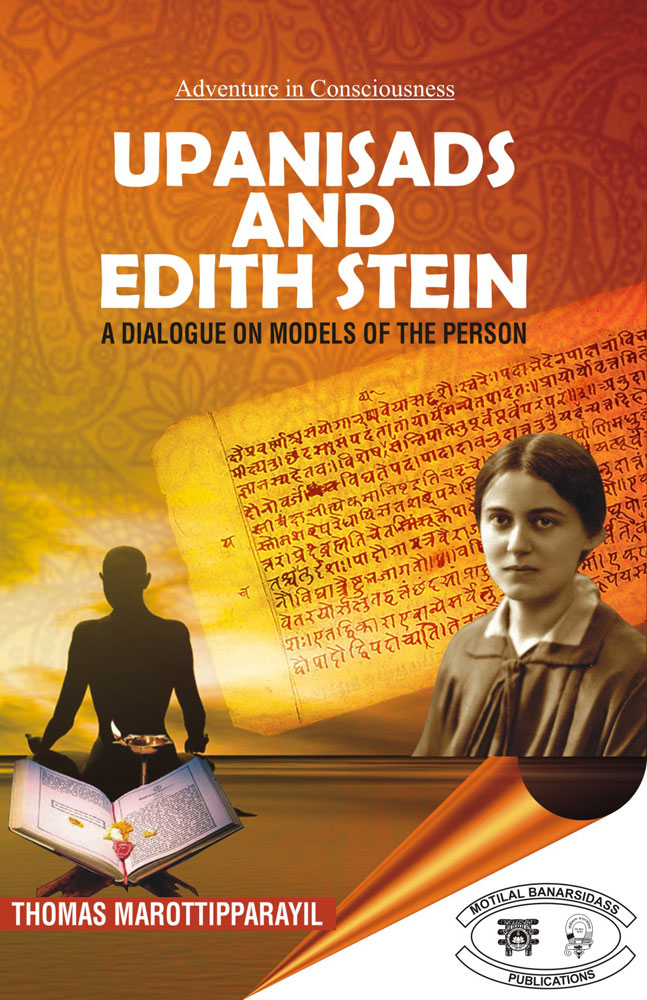Upanisads and Edith Stein: A Dialogue on Models of the Person
Upanisads and Edith Stein: A Dialogue on Models of the Person is backordered and will ship as soon as it is back in stock.
Couldn't load pickup availability
Aim of this book is to explore anew the concept of the person from two contrasting-the Oriental and the Occidental-perspectives. At the center of this investigation, firstly, are the philosophical insights contained in the rational surveys, and corresponding notions, in the Upanisads. The perspective we find in the classical texts of India clearly states the supremacy of the human being in the phenomenal world, always dependent on Ultimate Reality. Secondly, an attempt is made to fully delineate the cardinal characteristics of Edith Stein's philosophy of the person, which proposes an anthropological and true-to-life solution guided by her phenomenologically sound and metaphysically oriented philosophy on the foundation, meaning, and manifestations of the human person. The undertaking of comparing, contrasting, and establishing a dialogue between the Upanisadic and the Steininan views presupposes a deconstruction, re-founding and enhancement of the different, cultural heritages and suggests that a better understanding of the human person is not only possible, but also needed and most desirable. The central aim of this research, therefore, is to promote an in-depth discussion about the nature of the person, a research which at the same time is interconnected within a trans-cultural perspective and, thus, able to promote a new form of dialogue among cultures, one that we venture to characterize as inter-philosophical.
Review(s)
About the Author(s)
Thomas Marottipparayil was born and raised in the high-range district of Idukki. Kerala. After completing his Ph.D there in Comparative Philosophy. As a professed religious priest and member of a Carmelite Order, he engages in imparting education by guiding seminars, organizing leadership programmes and lecturing at various colleges. A specialist in various languages, he loves to chronicle the legacy of ancient philosophies in contraposition to the current contributions and controversies, transporting readers to noval intuitions, where the past thinkers have challenging ideas and concepts which seem engaging and relevant than they ever understood. Distinguished by a wealth of research, this book unveils a powerful comparative analysis of the east-west notions on 'person', capturing its remarkable spirit from the Upanisads to the Phenomenological weltanschauung in Edith Stein. Here he proposes few invaluable suggestions compelling, direct and perceptive-for how to saturate our notion and vision of the modern person. Without politics or polemics, he gently aspires here to restore person's rightful place at the center of cultures, philosophical revolutions, ideological war, and peace.
-
Pages
-
Edition
-
Size
-
Condition
-
Language
-
Weight (kg)
-
Publication Year
-
Country of Origin
-
Territorial Rights
-
Reading Age
-
HSN Code
-
Publisher




